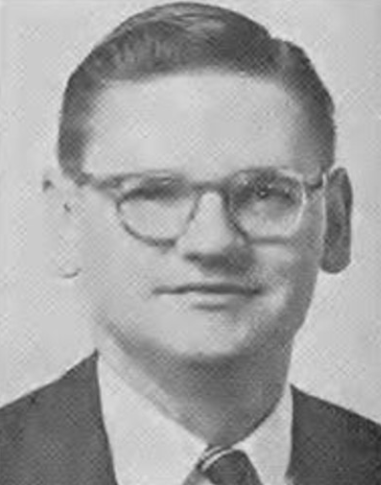Peachy Kuehn
Does anyone remember Peachy Kuehn?
I remember him from Fellows’ Dinners, where, slightly inebriated, he’d hold forth with shockingly liberal opinions — shocking to me because he was an “adult” and my other role models for adults (my parents, my HS teachers) were either conservative or centrist.
 Imagine my surprise when I got a note in January of Sophomore year that the dean wanted to see me. I dutifully showed up, sat opposite him at his desk and listened.
Imagine my surprise when I got a note in January of Sophomore year that the dean wanted to see me. I dutifully showed up, sat opposite him at his desk and listened.
“Wayne, I see that you have signed up for Accounting 10b,” he said.
“Yes,” I replied. “I want to go into business, and Accounting is the universal language of business. It’s mandatory that I learn it.”
“That may be true, but you can take Accounting at any YMCA night school in the country. Don’t waste your Yale years on something so basic. Hell, you can get a good textbook and teach yourself the basics without much trouble. It’s not hard — debit, left; credit, right. That’s about it.”
After a short discussion, he proposed an alternative, a course called “Principles of Information Theory” or some such Yale-like title. I didn’t have a strong opinion, so I took his advice.
That course WAS intellectually more interesting. It began with perception and evaluation … and how the mind organizes sensory inputs to make it data and how data then, with more mental work, becomes information, then knowledge or even wisdom. The course underscored that “the map is not the territory” — and admonished us about mistaking the abstraction, like those in financial statements, for the underlying reality. It’s an insight I’ve used throughout my career.
So, as I think back on this funny man (in both senses of that term), I’m appreciative. He was peachy, indeed!

I remember Mr. Kuehn, though I never knew he was known as “Peachy,” nor that he was dean of JE. For me he was the mild-mannered, soft-spoken teacher of a life-changing junior-year seminar on James and Conrad, Joyce and Faulkner, which left me wanting to read more of all of them, especially Conrad and Faulkner.